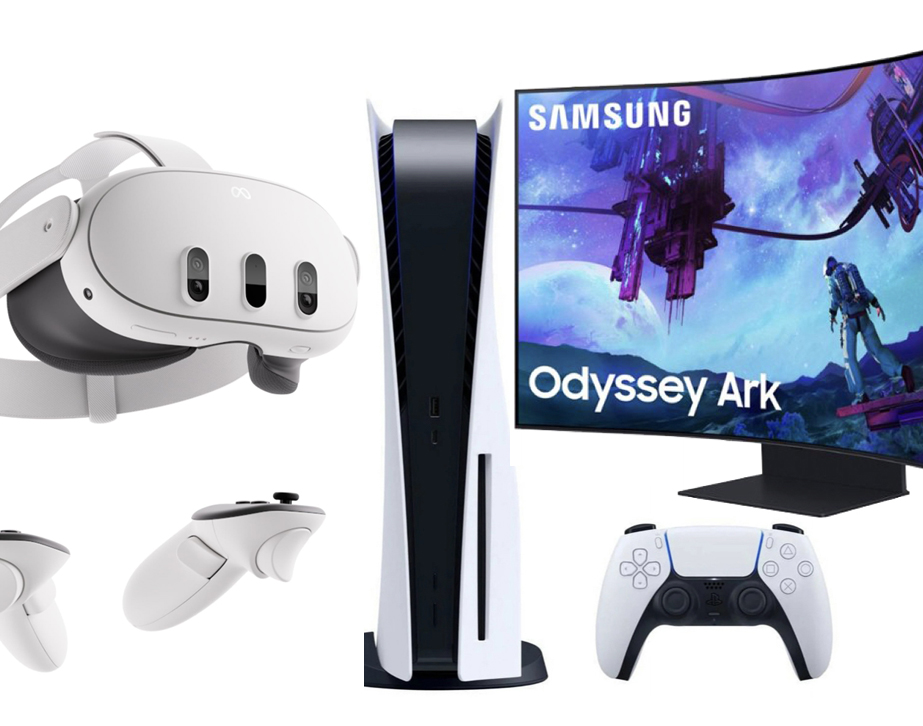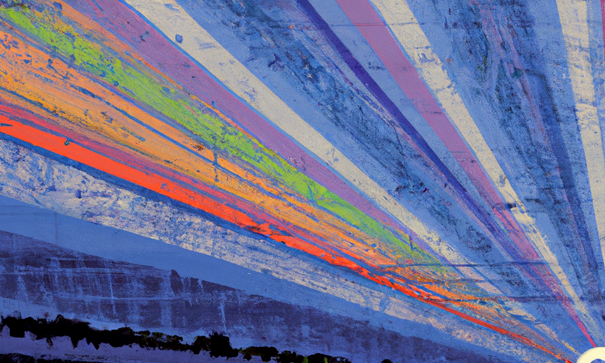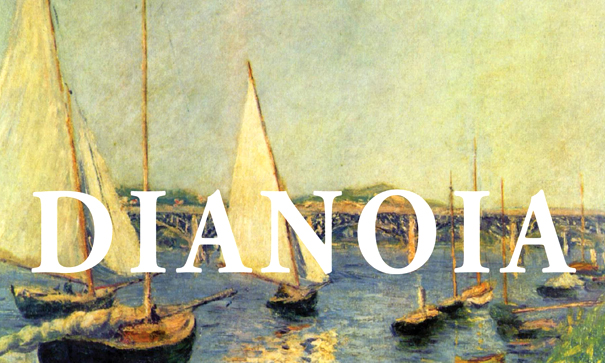Category: Announcement
-

Digital Studio: New Gaming & Immersive Room
We are pleased to announce the Digital Studio’s new Gaming and Immersive Room (formally the Sound Room). With the growing demand for video games and immersive experiences in teaching and learning, this space allows faculty to incorporate these media into their instruction and students into their course assignments by creating easy access to the necessary…
-

Meet Our New Team Members
Learn about the new digital scholarship team members who started this summer. We are so delighted they are with us! Dave Thomas, Digital Scholarship Specialist David Thomas has taught, presented, and published at the intersection of Ancient History and Digital Humanities, as well as Digital Scholarship more broadly. He holds an M.A. degree in history…
-

OA Journals
Boston College Libraries publishes Open Access (OA) digital journals that represent scholarship from Boston College faculty, graduates, and undergraduates and the broader OA community. This past fall, Fuse, a new undergraduate e-journal focused on the hard sciences, put out its first call for submissions and seeks to publish later this year. Another undergraduate journal, Medical Humanities Journal, has begun the…
-

BCDS Faculty Summer Incubator
This summer BC Libraries’ Digital Scholarship Group is holding a week-long incubator that will guide twelve BC faculty members through an exploration of digital scholarship methods and tools from a conceptual and technical standpoint. Participants will receive a $200 stipend following fall project presentations. When: June 6th-June 10th Where: O’Neill Library (in-person unless COVID requires…
-
Digital Scholarship – Year in Review
There have been many changes since January 2020, but students, faculty, and staff have done a tremendous amount in terms of Digital Scholarship projects and publication! The Digital Scholarship Group is proud to share some of our accomplishments. Check out the graphic below, put together by Data and Visualization Librarian Allison Xu, to see a…
-
GIS Contest Winners
It is with great pleasure that the Boston College Libraries announce the winners of the 11th Annual Geographic Information Systems (GIS) Mapping Contest at Boston College. This year we added a new category for digital maps in addition to the traditional poster category. A special thanks to the students who completed and submitted their work…